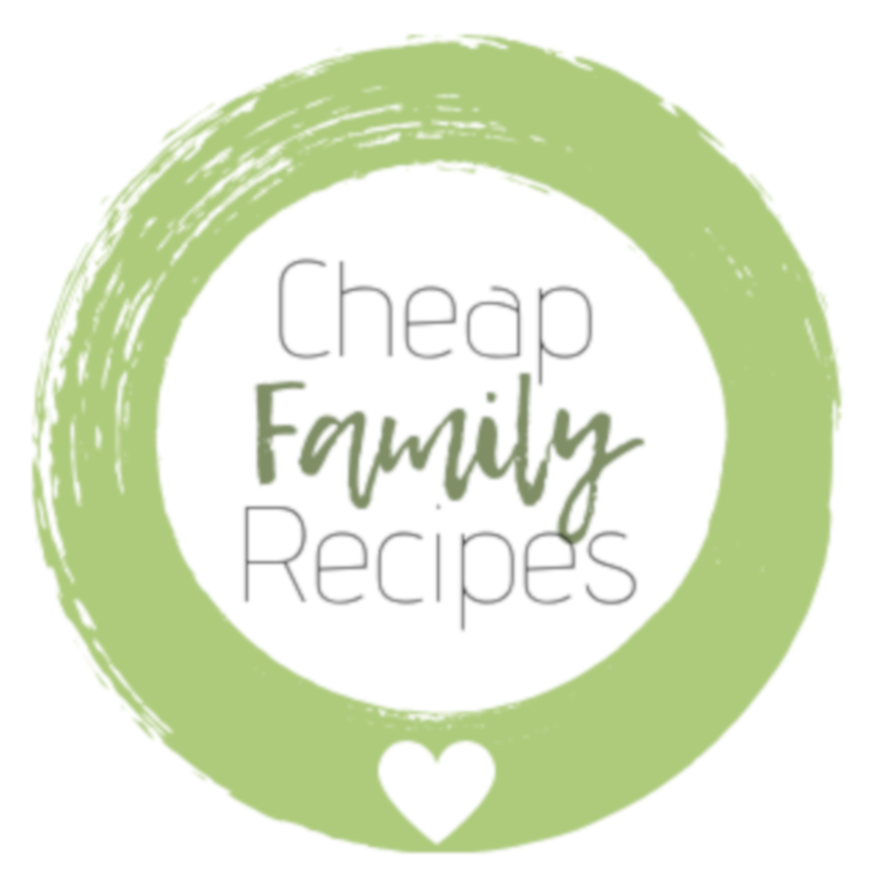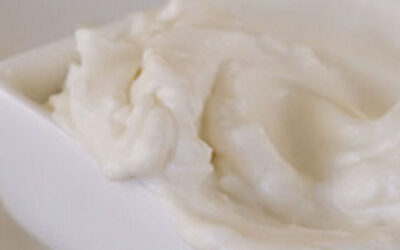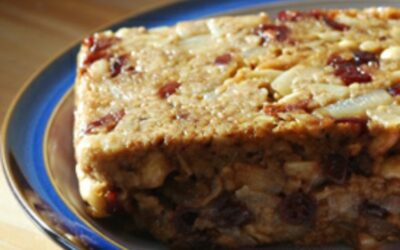cheap family recipes
feed a family of 4 for less than £200 a month
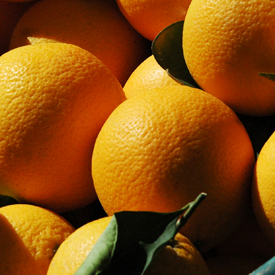
Nutrition Advice
The planners have been designed so that if they are used as a whole they meet current guidance on recommended daily amounts (RDAs). However, from the feedback we have had we are aware that many people would like to substitute certain items due to individual likes and dislikes, or to use a selection of the recipes but not the planners themselves. There may also be people who would like to create their own plan!
We cannot provide nutritional advice and individual circumstances will vary. If you have specific nutritional concerns we would suggest that you seek the advice of a health professional. Nevertheless, we thought it would be helpful to provide some broad guidelines, which are based on widely available information, and some links for those who would like to carry out further research.
Remember, most of these are adult requirements and those for children will be different. Please refer to the further reading for more information.
Calorie Requirements
Calorie or energy requirements are actually kilocalories (kcal)
Our chart (right), shows your average daily need, by age.
People who are very active will need more energy, and people who take little exercise will need fewer calories.
An adult woman needs, on average, 2000 calories a day. An adult man, needs, on average, 2500 calories a day. If you are less than the average size or have a sedentary lifestyle, you may need less than this. On the other hand, if you are larger than the average size, or have an active lifestyle, you may need more
How many calories does my child need?
How many calories does a child need? A moderately active child needs…..
| Age (years) | Boys | Girls |
| 4 | 1400 | 1400 |
| 5 | 1400 | 1400 |
| 6 | 1600 | 1400 |
| 7 | 1600 | 1600 |
| 8 | 1600 | 1600 |
| 9 | 1800 | 1600 |
| 10 | 1800 | 1800 |
| 11 | 2000 | 1800 |
| 12 | 2200 | 2000 |
| 13 | 2200 | 2000 |
| 14 | 2400 | 2000 |
| 15 | 2600 | 2000 |
| 16 | 2800 | 2000 |
| 17 | 2800 | 2000 |
| 18 | 2800 | 2000 |
Five-a-day
This is not limited to whole fruit and side-servings of vegetables. It includes fresh, frozen, canned and dried fruits and vegetables, including those used as ingredients in recipes, fruit juice and smoothies. One portion is:
80g fresh, frozen, chilled or canned fruit or vegetables (including canned tomatoes)
25g dried fruit
80g beans or pulses (including baked beans – maximum 1 portion a day)
150 ml of fruit or vegetable juice (maximum 1 portion a day)
A smoothie can count as 2 portions, provided it contains 80g pulped fruit plus 150ml different juice, or 80g pulped each of 2 different fruits.
Potatoes do not count, because they are usually served as the carbohydrate element of a meal, in other words instead or rice or pasta.
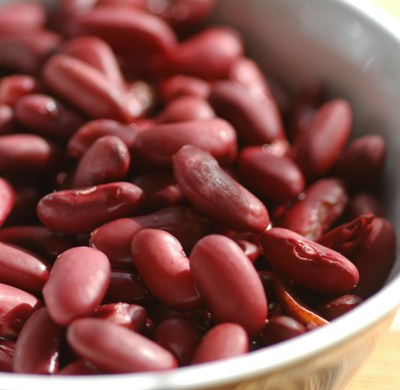
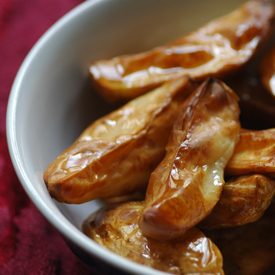
Carbohydrates
Carbohydrates are not ‘bad’, current guidelines are that one third of a meal should be made up from carbohydrates, providing about half of the calorie (energy) intake. Common carbohydrate foods are: Bread, pastry, cakes, scones, pizza base (basically items made using flour)
Pasta & noodles
Rice
Couscous (wheat)
Oats
Potatoes (or other root vegetables used in a similar way, but then they cannot count towards 5-a-day)
The above are starches or complex carbohydrates. Sugars (simple carbohydrates) are also carbohydrates and these are not limited to the stuff sold in packs as sugar. Fruit contains fructose; milk contains lactose etc. If you are reading labels look for the items ending in –ose for the sugars plus syrups to get an idea of the total sugars.
Generally, the complex carbohydrates are better as they release energy more slowly, whereas the simple carbohydrates release energy quickly. Pure sugar simply provides energy, but where it naturally occurring form such as fruit you also get the fibre & vitamins.
Protein
The recommended intake of protein is 46g a day for women and 56g a day for men. Meat and dairy are good sources of protein with roast beef providing 28g per 100g, roast chicken 25g per 100g, cheddar cheese 25g per 100g, cod 21g per 100g and 19g in a pint of milk.
But being vegetarian or vegan does not mean that it is difficult to eat enough protein. Soya milk has 16.4g of protein per pint, so it is not much lower than cow’s milk. Peanuts have 24g of protein per 100g. Tofu and chickpeas both have 8g of protein per 100g, lentils 7.6g per 100g and baked beans 5.1g protein per 100g..
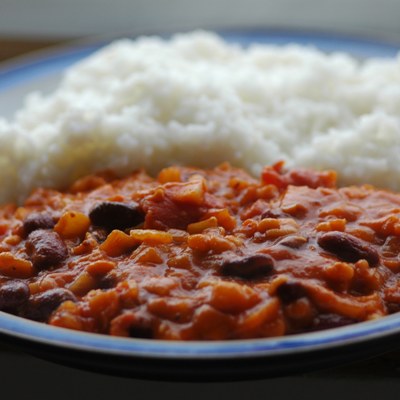
Fats
Some fat in the diet is required and current guidelines are that 35% of calories (energy) should be from fat, of which 11% saturated fat. Fat is very high in energy per weight, so not a lot is required to provide the recommended calorie intake.
Examples of foods high in saturated fat are fatty meats, including products such as pies and sausages, dairy foods, including milk, butter and cheese, cakes, biscuits and chocolate and coconut cream. Foods containing unsaturated fat include oily fish, avocados, nuts and seeds and vegetable oils.
Omegas:
omega 3,6 and 9 are, in fact, fats too (polyunsaturated). Omega 9 is not an essential fatty acid, because the body can manufacture this. Omega 6 is an essential fatty acid, as it has to be sourced from food, but it is sufficiently widely available that most people are already consuming more than enough. Therefore it is only omega 3 that may be of concern.
The current recommendation is that everyone should be eating two portions of fish a week of which at least one is oily fish (salmon, trout, fresh tuna, mackerel etc.), which provides about 2g per week. However, fish is often expensive and this is not an option for vegetarians and vegans.
If you want to obtain omega 3 from fish it does not have to be expensive. A 120g can of sardines in tomato sauce costs 34p and contains nearly 4g of omega 3, a 155g can of pilchards in tomato sauce costs 43p and provides 1.5g omega 3 or a pack of 2 kipper fillets will cost about £1 and provide 5g of omega 3. (Prices November 2010)
For non-fish sources of omega 3, ordinary “vegetable oil” is usually rapeseed oil and contains 1.3g of omega 3 per tablespoon. A good vegetarian source of omega 3 is walnuts with 9g of omega 3 per 100g, and less so but still useful, tofu with 0.56g per 100g, broccoli 0.13g per 100g and cabbage at 0.11g per 100g.
Vitamins & Minerals
There are numerous vitamins and mineral required for a healthy diet. However, most people will obtain enough from a balanced and varied diet for this to not be a problem. Most vitamin D is made in the body, so the dietary requirement is low and unless someone is housebound this is unlikely to be a problem. A lot more information is available in the further reading.
However, for vegans and vegetarians, vitamin B12, calcium & iron may be a concern because the primary sources for these in a typical diet are animal products – meat, fish & dairy.
B12:
The recommended amount is only 1.5 micrograms. Lamb and liver provide 10 micrograms per 100g.
Marmite has 15 micrograms per 100g, but of course you would not use this amount in one serving!
Vegetarians can obtain B12 from dairy and eggs – half a pint of milk has 1.2 micrograms or a boiled egg has 0.7 micrograms.
The vegetarian society advises vegans to use foods that are fortified with B12 and that is one of the reasons we used instant oaty cereal in the planner.
Calcium:
The recommended daily amount (RDA) is 800 milligrams, though our research showed that 1,000 milligrams would be enough for 97% of the population and this is therefore the amount in the planners.
Cheese is a good source of calcium and whilst it varies with different types of cheese both mozzarella and cheddar provide over 800 milligrams per 100g and a pint of milk has 780 milligrams.
For vegans, tofu has just over 500 milligrams per 100g, soya cheese 450 milligrams per 100g, spinach 160 milligrams per 100g and cooked chickpeas 46 milligrammes per 100g.
White bread flour and instant oaty cereal are both fortified with calcium.
Iron:
Women need more iron than men; women need 14.8 milligrams and men 8.7 milligrams.
Cockles contain 28 milligrams per 100g, liver 9 milligrams per 100g and kidney 8 milligrams per 100g.
For vegetarians and vegans; bran flakes have 12 milligrams per 100g, spinach 4milligrams per 100g and chickpeas have 3.2 milligrams per 100g. White bread flour is fortified with iron.
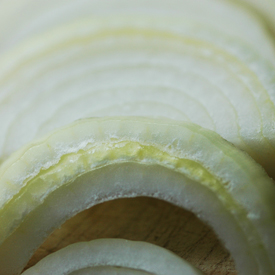
Why Not Try....?
Mayonnaise
cheap family recipes feed a family of 4 for less than £200 a monthMayonnaiseWhat do I need to make the cheapest mayonnaise ▢ 5 g mustard▢ 325 ml vegetable oil▢ 150 ml milk▢ 1 tbsp vinegar▢ salt & pepper to taste How to make cheap mayonnaise ▢ Put the milk and the...
No Cook Chocolate Truffles
cheap family recipes feed a family of 4 for less than £200 a monthNo Cook ChocolateTrufflesSticky, fudgy, chocolate truffles - who can resist! They make fabulous gifts at any time of year, shoosh them up by wrapping them in cellophane and tying up with a ribbon. I buy...
Cranberry and Cashew Nut Roast
cheap family recipes feed a family of 4 for less than £200 a monthCranberry and Cashew Nut RoastThis delicious alternative to a Christmas turkey, can be enjoyed all year round and is part of a Christmas week meal plan. What do I need to make cranberry nut roast ▢ 2...
Take care of your family and your budget
Before putting together our meal planners we surveyed over 600 people to ask when faced with a tighter budget, which things they would struggle to give up.
